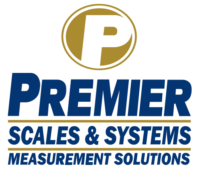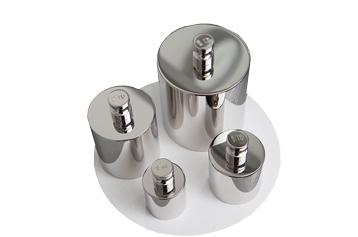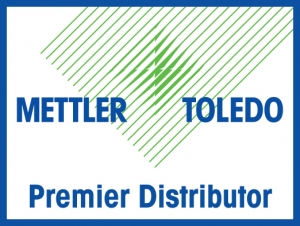A Guide to Scale Calibration
In industries where accuracy is critical, scale calibration emerges as a crucial practice to ensure precision in measurement. Whether you operate in manufacturing, healthcare, laboratories, or any other field reliant on accurate measurements, understanding and implementing best practices in scale calibration is essential. In this comprehensive guide, we delve into the intricacies of scale calibration, offering insights and tips to help you maintain optimal accuracy.
Importance of Scale Calibration
In the intricate world of metrology, where precision reigns supreme, scale calibration emerges as a fundamental process ensuring accuracy in measurements. Whether in manufacturing, pharmaceuticals, or research, the reliability of data hinges upon calibrated scales. Let’s embark on a journey to demystify scale calibration, its significance, and why it’s the bedrock of accurate measurements in metrology. It involves adjusting a scale to ensure its readings remain accurate within specified tolerances. Failure to calibrate scales regularly can result in erroneous measurements, leading to defective products, compromised safety, and regulatory non-compliance. By adhering to best practices in scale calibration, businesses can uphold quality standards, enhance productivity, and mitigate risks.
Best Practices for Scale Calibration
- Schedule Regular Calibration: Establish a routine calibration schedule based on the frequency of scale usage and manufacturer recommendations. Most companies set a date or “intervals” so they can plan around downtime.
- Use Certified Standards: Utilize certified calibration weights and standards traceable to national or international standards for accurate calibration. Make sure standards are calibrated regularly by an accredited metrology lab.
- Follow Manufacturer Guidelines: Adhere to the manufacturer’s instructions for calibration procedures, ensuring proper techniques are employed.
- Document Calibration Records: Maintain comprehensive records of calibration activities, including dates, results, and personnel involved, to track compliance and identify trends.
- Monitor Environmental Conditions: Consider environmental factors such as temperature, humidity, and vibration, which can impact scale performance, and calibrate accordingly.
- Perform Verification Checks: Conduct regular verification checks between calibration intervals to verify scale accuracy and detect any deviations promptly.
- Address Calibration Deviations: Develop protocols to address calibration deviations promptly, including investigating root causes and implementing corrective actions.
Bottom Line
By integrating these best practices into your scale calibration processes, you can uphold accuracy standards, meet regulatory requirements, and enhance overall operational efficiency. Prioritize precision in measurement through diligent calibration practices to drive success in your industry.
PREMIER SCALES & SYSTEMS ISO/IEC17025 ACCREDITED CALIBRATION SERVICES
Premier Scales & Systems is home to the area’s largest ISO/IEC17025 accredited calibration scopes meaning we are truly a full-service calibration company. This full-service approach means one company, one point of contact, and one invoice for any metrology need. You can rely on Premier Scales & Systems for accurate results that do more than keep you in compliance but also increase the life and efficiency of your measuring equipment.







